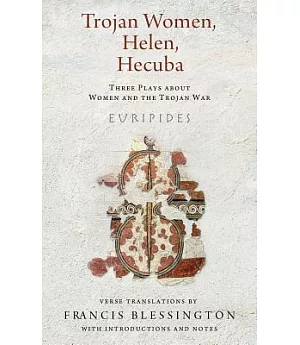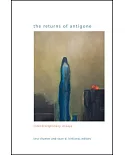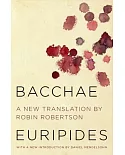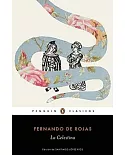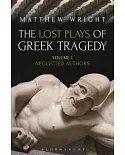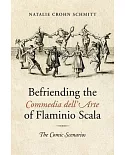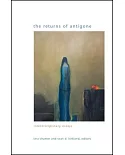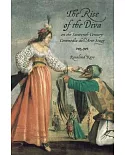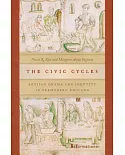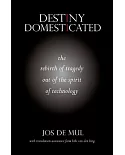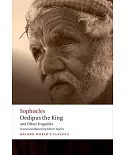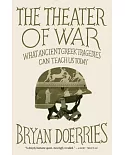In these three ancient tragedies, Euripides dramatizes the fate of women, both Greek and Trojan, in the wake of the Trojan War. The women are spoils of war, instigators of revenge, and pawns
used by the gods for reward and punishment, and Euripides delivers powerful portrayals of their suffering. The publication of Trojan Women, Helen, and Hecuba in one
volume invites provocative engagement with issues of gender, history, warfare, and politics.
Francis Blessington combines his work as a poet, translator, and teacher of literature and Greek with his theatrical
experiences to create fresh, modern translations suitable for the stage, the classroom, or the general reader. While bearing in mind how an actor speaks in a performance and what an audience
can immediately comprehend, he remains faithful to the original Greek by imitating the iambic lines of dialogue with a flexible four-stress line. In the choral odes, he employs a variety of
meters, respecting the correspondence of the strophe and antistrophe of the choral stanzas. The three plays are augmented by introductions, notes, and an essay on elements of Greek tragedy.
Blessington glosses historical and mythological terms, identifies Greek themes in the texts, offers literary interpretations, and suggests topics for discussion.

